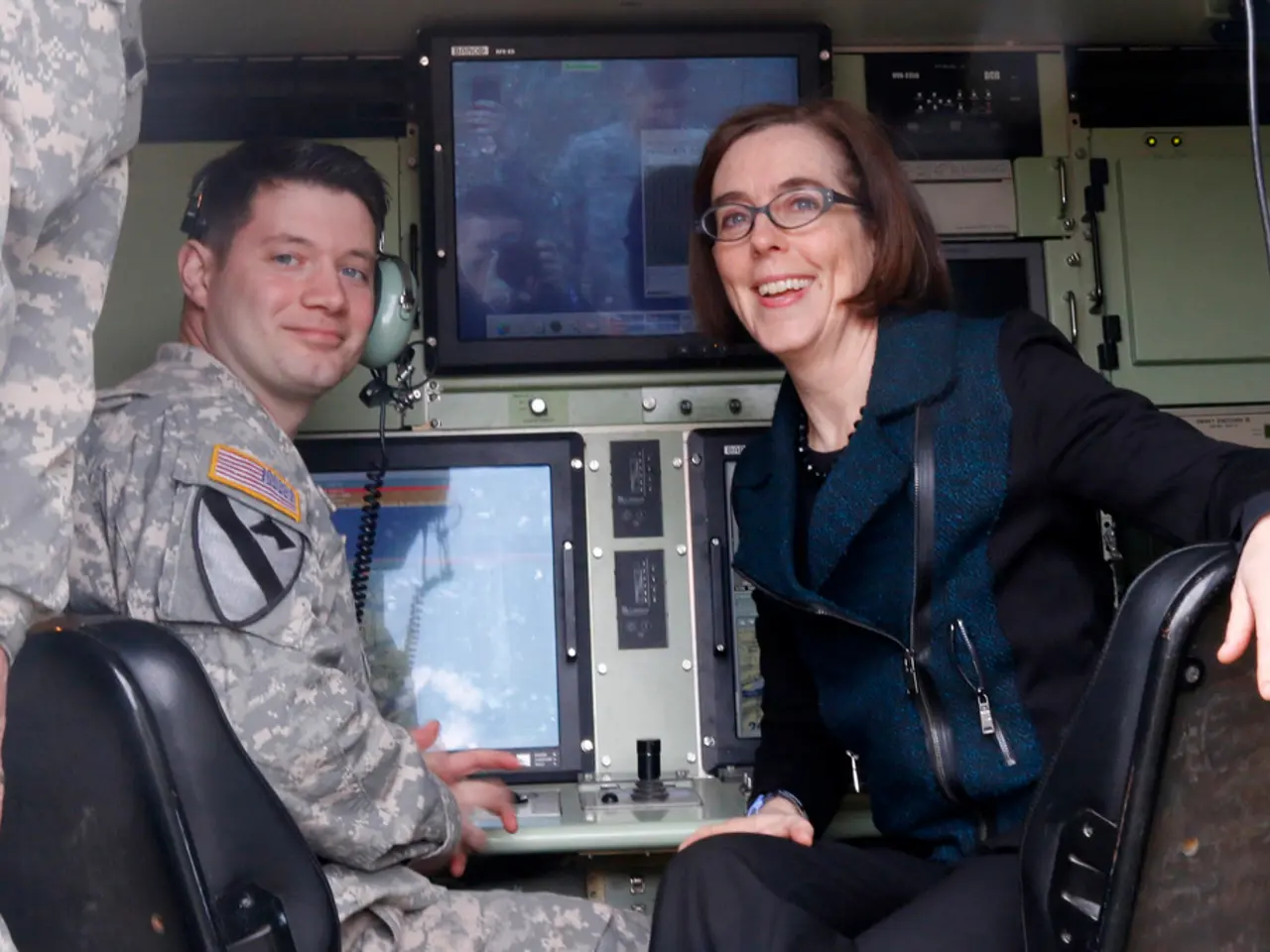Pilot slumber in cockpits at an alarming rate, as per new survey reveals in Germany
In a recent survey conducted by the German aviation trade union, Vereinigung Cockpit Association (VC), it was revealed that a significant number of pilots at Lufthansa take naps during flights. The survey, which polled 900 pilots, found that 93% of them have napped on duty at some point.
Katharina Dieseldorff, the vice president of VC, linked the survey's findings to staff shortages and operational pressures in the aviation industry. She stated that a permanently exhausted cockpit crew poses a significant risk, and the ubiquitous need for napping shown in the survey is indicative of a wider systemic problem.
The survey was a voluntary exercise and does not provide a 'representative' view. However, the findings suggest a potential link between these operational pressures and the need for napping among pilots.
The aircraft are configured with rest areas for crew, and the sleeping occurs during controlled rest periods during the flight and never during phases such as take-off or landing. Lufthansa adheres to rules around 'controlled rest on the flight deck' as a preventive measure to increase alertness and flight crew performance.
The airline openly acknowledges the practice of 'controlled rest periods' on the flight deck. According to Lufthansa, 'controlled rest' during flights should not be counted as part of the mandatory rests between flights. The European Union Aviation Safety Agency (EASA) also acknowledges that 'controlled rest' can help with crew fatigue.
The survey found that 12% of the pilots who answered admitted to napping on every flight, another 44% said they nap regularly, 33% occasionally, and 3% said they had only ever napped once. The percentage of pilots who have napped on short-haul routes is 44%, while on long-haul routes, it is 56%.
However, a short nap is not critical in itself, according to Katharina Dieseldorff. Seven per cent of the pilots said they could not quantify how many times they had taken a snooze. Despite this, the concern remains that a permanently exhausted cockpit crew could pose a significant risk.
Dieseldorff warns that the industry must address these operational pressures to ensure the safety and well-being of its crew. The survey findings underscore the need for the aviation industry to reevaluate its practices and prioritise the rest and well-being of its pilots.
Read also:
- Is it advisable to utilize your personal health insurance in a publicly-funded medical facility?
- Dietary strategies for IBS elimination: Aims and execution methods
- Benefits, suitable dosage, and safety considerations for utilizing pumpkin seed oil in treating an overactive bladder
- Harmful Medical Remedies: A Misguided Approach to Healing




